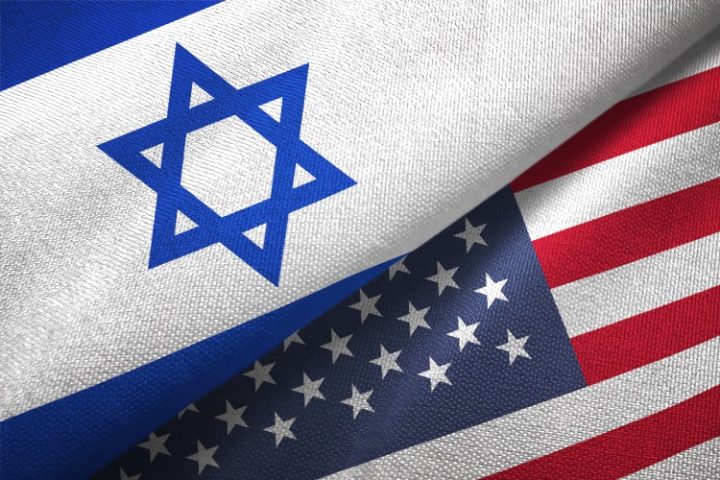
Israel rescheduled its White House visit after canceling a delegation requested by President Joe Biden. Israeli Prime Minister Benjamin Netanyahu threatened to cancel the meeting if the United States failed to veto a UN Security Council cease-fire resolution, which passed earlier this week due to U.S. abstention.
An Israeli official told ABC News, “The prime minister’s office has agreed to reschedule the meeting dedicated to Rafah. We are now working to find a convenient date,” and White House Press Secretary Karine Jean-Pierre confirmed the visit would be rescheduled, telling reporters, “We’re working to set a date. The Prime Minister’s Office agreed to reschedule this meeting.… We are working to convene … that meeting, an important meeting on Rafah. And when we have a date, certainly we’ll share that with you.”
Earlier today, Speaker of the Knesset Amir Ohana met with a delegation of U.S. politicians visiting Israel, stating on X, “Important meeting with a delegation of Democratic Representatives visiting Israel on a solidarity mission with @AIPAC. Through thick and thin, we continue to work and draw closer together. Thank you for your crucial efforts in fortifying the US-Israel bipartisan alliance 🇮🇱🇺🇸”
Israeli Minister of Defense Yoav Gallant visited with U.S. Secretary of Defense Lloyd Austin at the Pentagon yesterday to discuss the Israel-Hamas war, stating on X, “Thank you to my friend @SecDef for hosting us at the Pentagon for an important discussion on operations required to destroy Hamas’ governing and terror capabilities, efforts to release the hostages, and ways to ensure regional stability in the face of threats on multiple fronts,” he posted on X.
Austin also announced the meeting with Gallant, stating, “I hosted Israeli Minister of Defense Yoav Gallant at the Pentagon today for a bilateral meeting to discuss the importance of an approach to military operations in Rafah that prioritizes the protection of civilians, the dire humanitarian situation across Gaza, and threats to regional security.”



